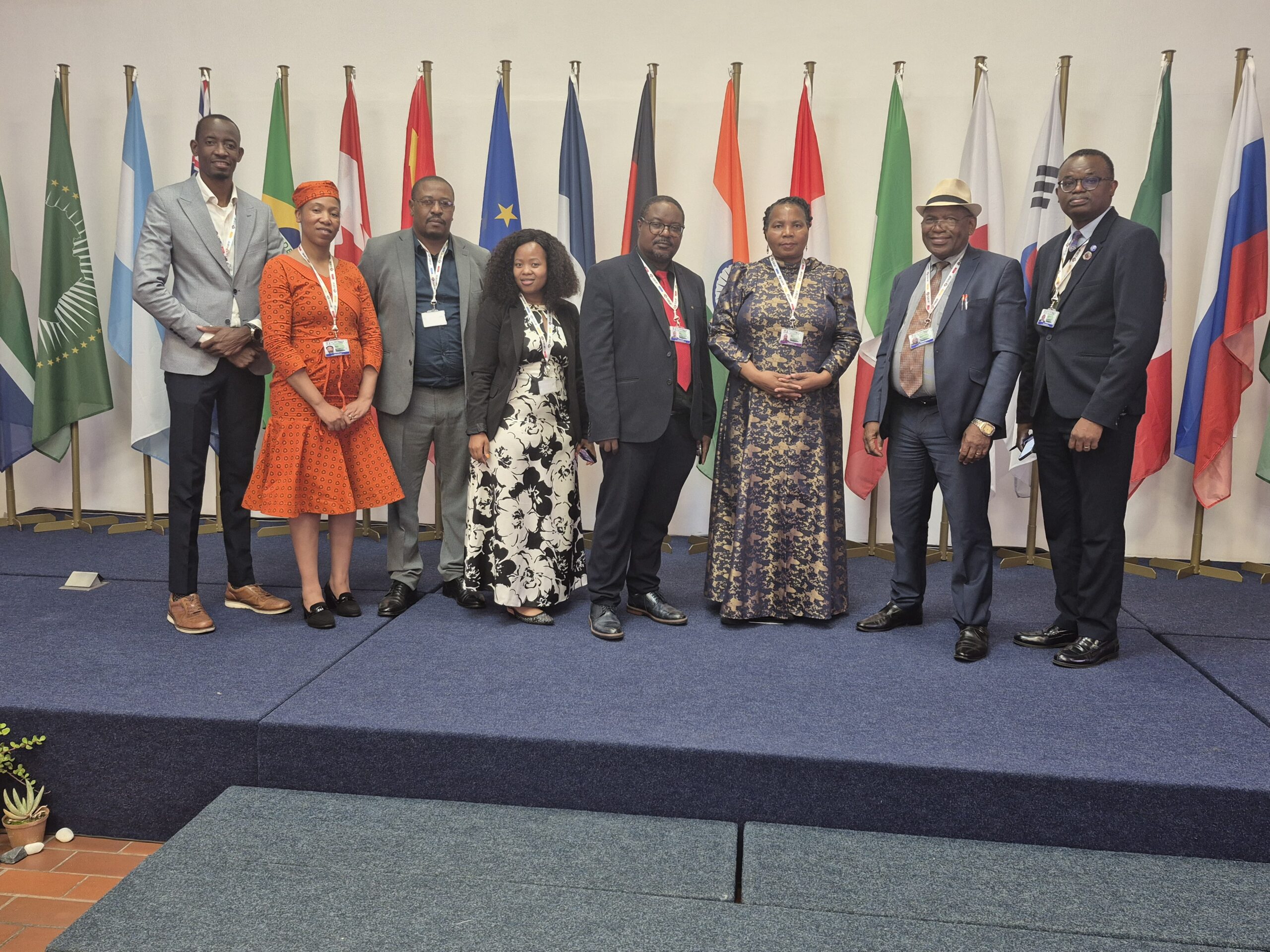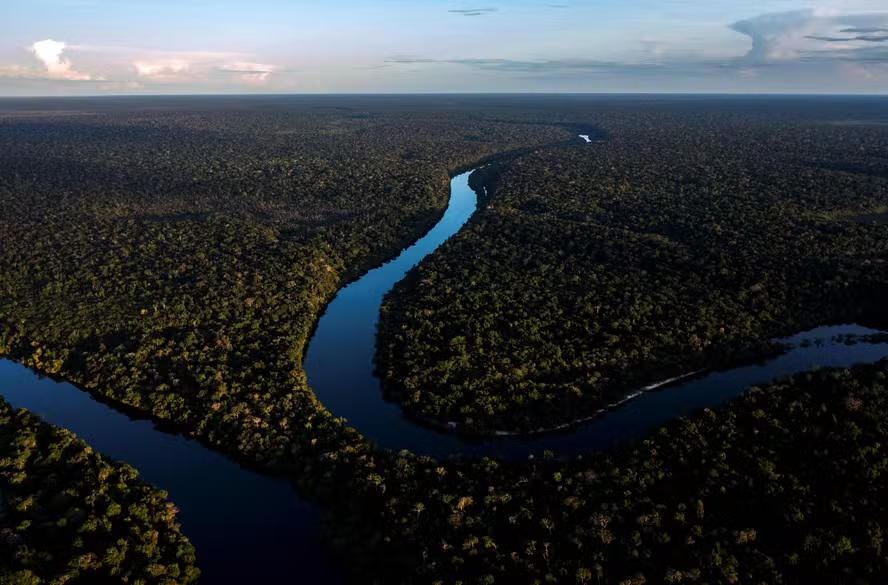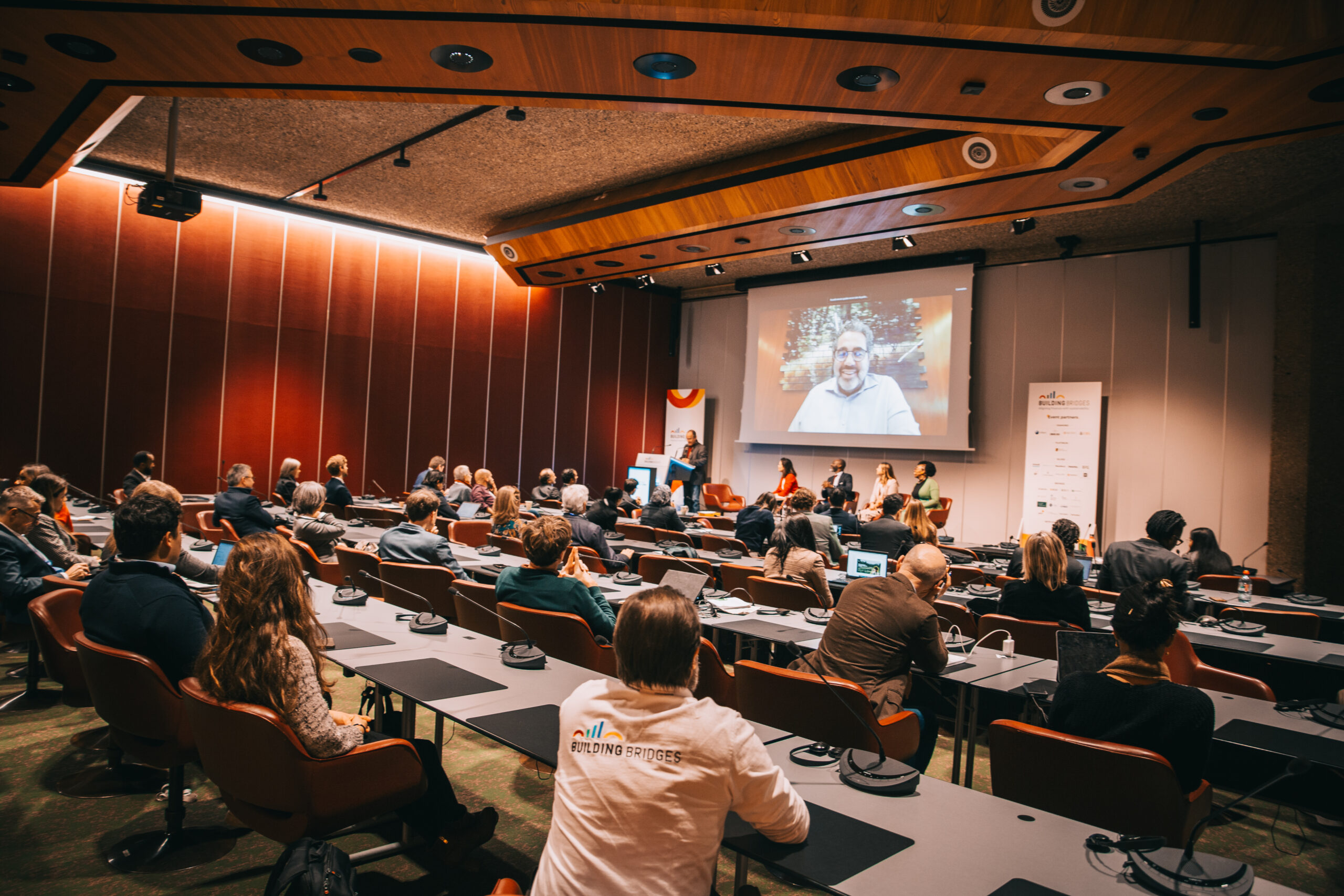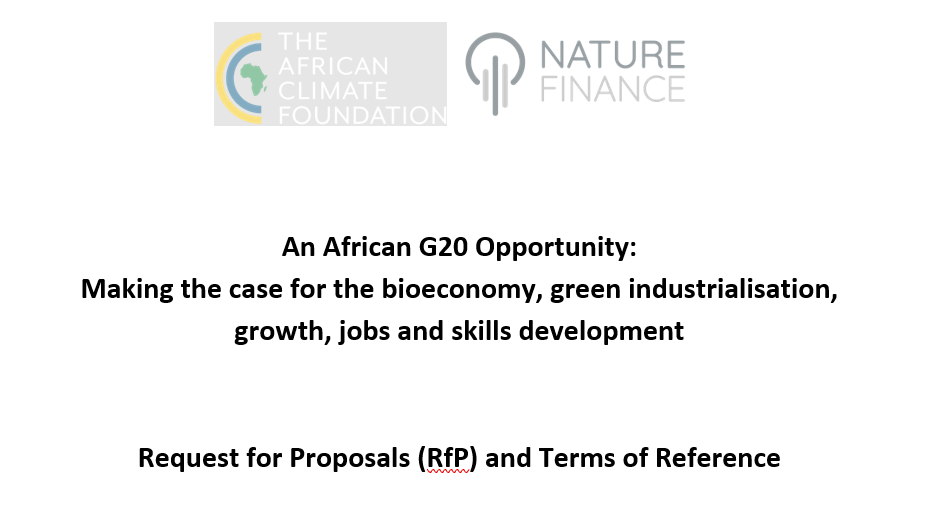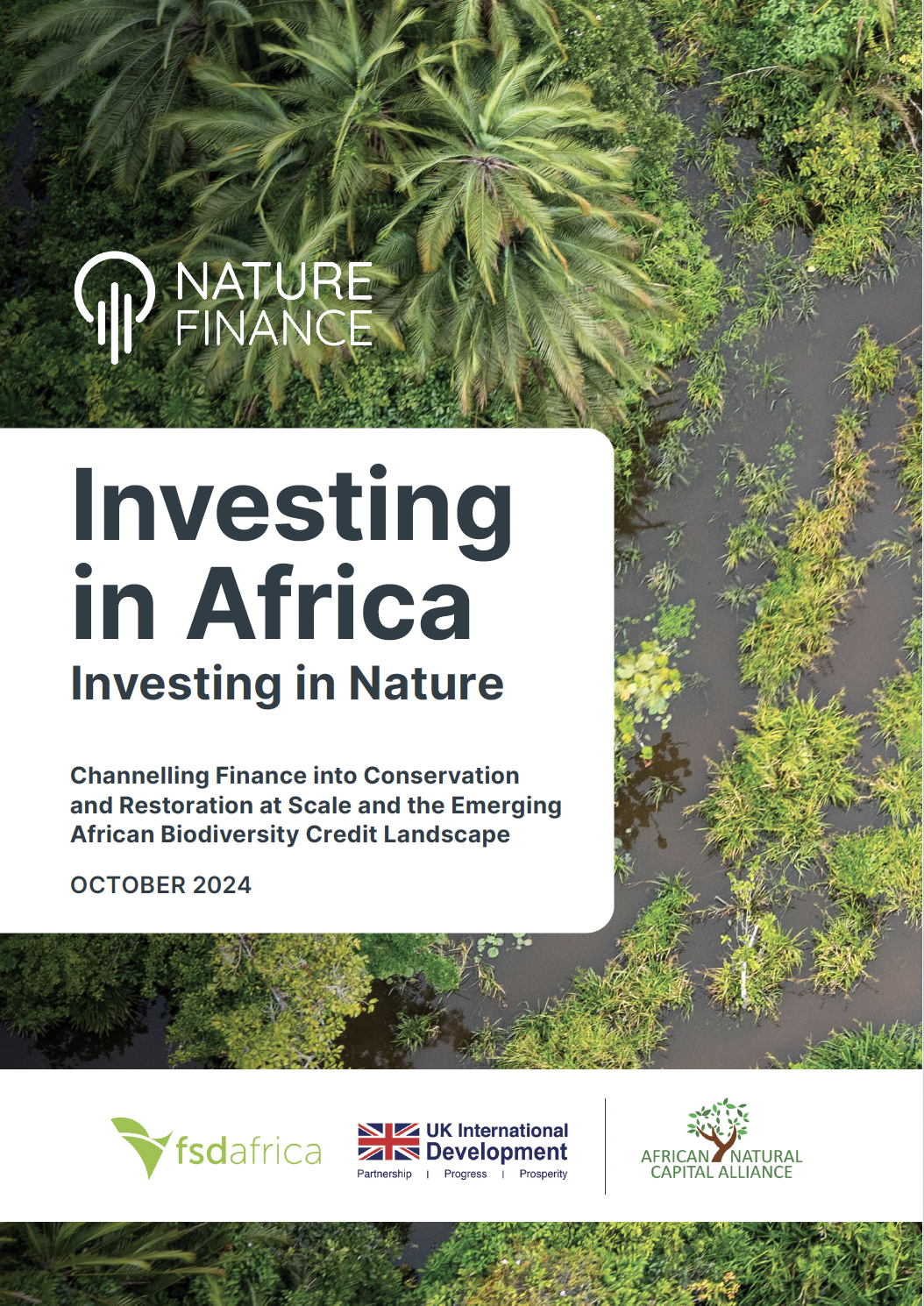Today we can announce an important step towards embedding nature at the heart of finance – the lifeblood of the global economy – with the launch of the Taskforce on Nature-related Financial Disclosures (TNFD).
Over the past nine months, I have had the honour of co-chairing the technical group of experts that has helped to prepare for the TNFD’s forthcoming journey. This preparatory period, led by three inspiring co-Chairs drawn from the leadership of Banorte, BNP Paribas, and the Green Finance Institute, has also involved over 70 organisations from the financial and wider business community, development finance institutions, central banks, standards bodies, governments and the United Nations, as well as a cadre of leading environmental organisations.
We have worked to crystallise the TNFD’s ‘what’ and ‘how’ – the technical scope of work to be done, and how best to advance it rapidly, with the aim of delivering on the common goal of “providing a framework for organizations to report and act on evolving nature-related risks, in order to support a shift in global financial flows away from nature-negative outcomes and toward nature-positive outcomes.” And today, the TNFD has published its scoping and workplan document [HYPERLINK], along with an announcement of its two co-chairs – David Craig and Elizabeth Mrema – a clear signal of the initiative’s holistic approach, combining deep market and nature expertise across the private and public sectors.
Comparisons may be drawn with the TCFD, and rightly so given its success in advancing the scaling up of systematic climate-related risk disclosure. It’s fair to say that the TNFD has drawn inspiration, wisdom and method from the TCFD, but TNFD now has the opportunity to learn from its older cousin in how to be effective while maximising financial sector uptake. We must not forget that whilst nature and climate are certainly connected, they have quite separate characteristics and implications for business, as highlighted in our recent report, The Climate-Nature Nexus: Implications for the Financial Sector.
TNFD’s adoption of a definition of ‘nature-related risks’ is particularly distinct, including longer-term risks represented by an organisation’s impact and dependencies on nature. This approach is consistent with the TCFD’s broad approach to financial materiality. It also reflects emerging debate and practice across financial institutions and regulators concerning how environmental risks and opportunities should be managed in the future.
The TNFD also emerges in a data-heavy world, and although it retains the focus on ‘disclosure’, we have been very aware of the growing importance of third-party data and new analytic capabilities. TNFD is probably the quintessential customer for using new data analytic techniques and sources in enhancing financial decisions and corporate behaviour.
Like TCFD, TNFD is mainly intended to shape private capital flows, so the bulk of the work will be about, and with, private financial actors – but they are only one piece of the puzzle. Engaging with financial policy makers and regulators from the outset has been and remains a priority, with, for example, with the Network of Central Banks for Greening the Financial System (NGFS), the G20, G7 and diverse standards bodies including the IFRS, the TCFD itself of course, and other relevant initiatives such as national and regional due diligence obligations regarding deforestation. It will also be important to connect with the Convention on Biological Diversity (CBD), particularly given the vital importance to TNFD’s efforts of the CBD’s target setting work through the Post-2020 Global Biodiversity Framework.
TNFD has much work to do to meet its aim of making a major contribution to aligning financial flows and the global economy with nature-positive outcomes. We believe it can succeed, drawing on the many investments made during its preparatory phase, and its design and leadership going forward. And it must succeed, given the state of nature, our dependence on its health, and the linkages to climate.
Dr Simon Zadek is the Executive Director of NatureFinance (formerly known as Finance for Biodiversity (F4B)) and was co-Chair of the Technical Expert Group of the Interim Working Group that developed the TNFD

